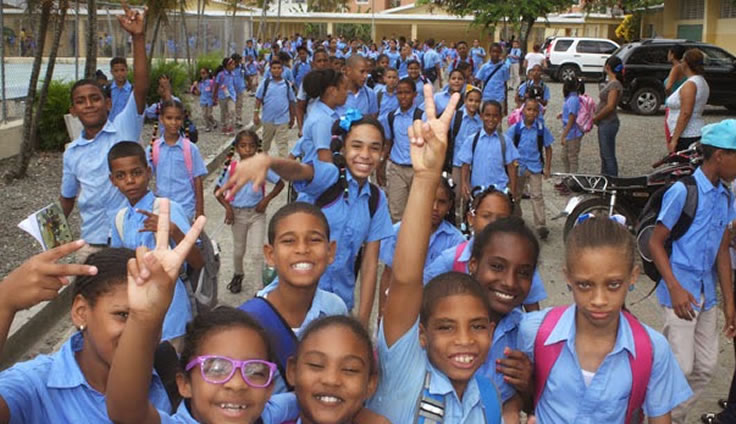New Vocabulary
Verbs:
take the bus, ride a bike, walk, take the train, take the subway, ride a skateboard, drive
Target Structure
Examples:
How do you get to school?
Basic Grammar Sentences
Work in Pairs
Have your students work in pairs to complete the information gap. They’ll need to ask each other about how everyone gets to school. As a follow-up you could have students write full sentences about their findings, or have them make statements to the class.
Now Work Alone
When they are finished the pair work, have your students try the follow-up activity to review their writing skills for this structure. (Make sure they are not doing the follow-up activity and pair work activity at the same time. These are meant to be done separately.)
Listening
For this task you’ll need to make your own statements about
the people in the exercise. Have your students draw lines from the names to the correct form of transportation. As a follow-up, have your students write full sentences based on your statements.
Group Work
Have your students walk around the class asking questions to complete the survey. As a follow-up, ask students to stand up and make statements about their findings or write full sentences in their notebooks.
How do you get to school? I walk to school.
How does she get to school? Her mother drives her to school. How does he get to school? He rides his bike to school.
Teaching the Class (before the handouts)
Put the flashcard of the girl walking and the flashcard of the school up on the board. Ask where she’s going. Elicit the phrase, “She’s going to school.” Then put the picture of the bike up on the other end of the board with an arrow pointing to the school and ask, “How does she get to school?” Elicit the answer, “She rides her
bike to school.”
Ask a number of students in the class, “Do you ride your bike to school?” If they answer “no,” ask the question, “How do you get to school?”
After you’ve asked the question a few times, show students the other flashcards, and ask how other people get to school (use different pronouns such as he, she, we, they, etc.). After you’ve gone through all the cards, go through them one more time, getting students to listen and repeat: “Ride my bike. I ride my bike to school.” etc.
After you’ve gone over the vocabulary and target structures, hand out the worksheets. Write all of the new words and phrases on the board and have your students copy them down on page 1. They should write the new words below each image, and the
new phrases on page 2.


